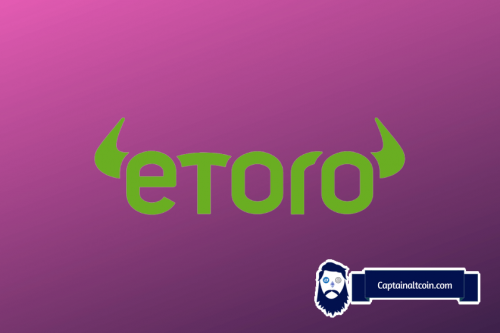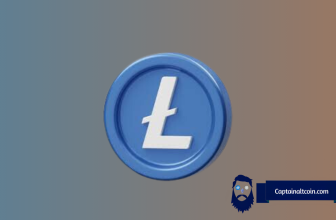
In a major shift from the SEC’s previous stance, new Chairman Paul S. Atkins is signaling support for decentralized finance, crypto innovation, and individual ownership of digital assets. Speaking at the Crypto Task Force Roundtable in Washington D.C., Atkins outlined a vision for how the SEC should work with emerging blockchain technologies instead of trying to shut them down.
He opened by calling the event’s title, “DeFi and the American Spirit,” a fitting theme. According to Atkins, decentralized finance is rooted in the core American values of economic freedom, private property rights, and innovation. He believes blockchain technology is not only creative but also has the potential to reshape how people own and transfer assets online.
One of the most important parts of his remarks came when he addressed staking and network participation. Atkins said that simply participating in a proof-of-work or proof-of-stake network – whether as a miner, validator, or staking provider – should not be considered a securities transaction. He thanked the SEC’s Division of Corporation Finance for clarifying this view but made it clear that guidance isn’t enough. He called on the Commission to pass an official regulation that carries the full force of law.
Atkins also strongly defended the right to self-custody crypto assets. He argued that people should be able to hold their own digital property in a personal wallet, without being forced to go through intermediaries that add fees or limit what users can do on-chain. He said this right is just as important online as it is offline and aligns with traditional American values.
BlackRock met with the SEC Crypto Task Force on May 9, sought guidance on staking, tokenization, ETF approval standards, and options on ETFs. pic.twitter.com/GSKgJnikq1
— db (@tier10k) May 9, 2025
He didn’t hold back when talking about the previous administration. According to Atkins, past regulators discouraged innovation by suggesting that developers of crypto wallets or DeFi software were acting as unlicensed brokers. He pushed back against that idea, comparing it to blaming a car company if someone uses a self-driving car to commit a crime. Developers, he said, should not be punished just for writing code.
Atkins went on to praise self-executing blockchain systems that work without human operators. He noted that while centralized platforms failed during recent market crashes, on-chain protocols continued to run as designed. These systems, he said, prove that blockchain can support a more open and resilient financial infrastructure.
He also made it clear that the SEC’s current rules weren’t built for this kind of technology. Most regulations were written to cover traditional financial players like brokers, advisers, and exchanges – not software protocols that operate on their own. Atkins said the SEC must look into new rules or guidance to help the market adjust and give companies a clear way to comply with the law.
To move things forward, he proposed something called an “innovation exemption.” This would allow certain crypto products and services to launch under a temporary approval, as long as they meet certain conditions. The goal is to help honest developers bring new ideas to market without years of legal uncertainty. Atkins tied this idea directly to President Trump’s goal of making the U.S. the “crypto capital of the planet.”
In closing, Atkins made it clear that he doesn’t see the future of finance as something to fear. Instead, he believes innovation should be encouraged, not shut down. If the SEC follows through with his proposals, the U.S. could finally start building a clear, fair path for crypto builders, investors, and users.
With this speech, the SEC’s tone has shifted – and for the first time in years, the Bitcoin and crypto industry might be getting the regulatory clarity it’s been asking for.
Subscribe to our YouTube channel for daily crypto updates, market insights, and expert analysis.
We recommend eToro
Wide range of assets: cryptocurrencies alongside other investment products such as stocks and ETFs.
Copy trading: allows users to copy the trades of leading traders, for free.
User-friendly: eToro’s web-based platform and mobile app are user-friendly and easy to navigate.








